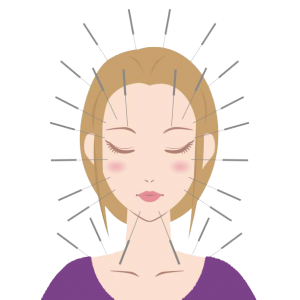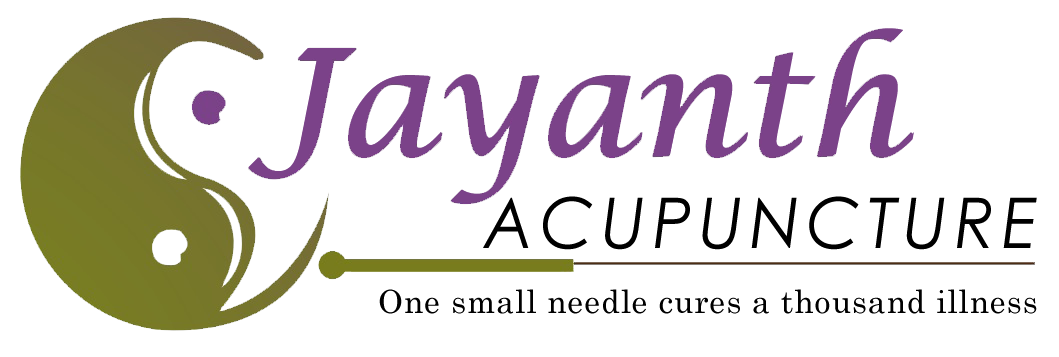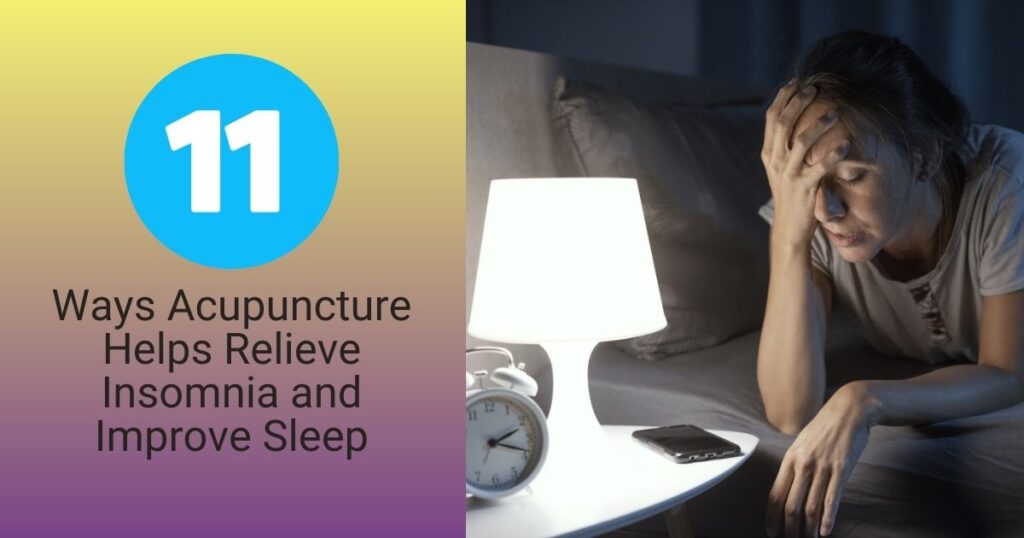Not getting good sleep is one of the important symptoms of insomnia. Trouble staying asleep, waking up too early, or having a sleep that is not refreshing enough are some of the other symptoms of insomnia. Fatigue, irritation, poor focus, and a lack of wellbeing are some of the reasons for chronic insomnia. Prescription medicines that can help in getting a good sleep are available. But most of them have unintended side effects and they also increase the risk of reliance.
One of the advantages of Acupuncture is it provides a comprehensive, drug-free substitute. It helps to calm the nervous system, promote sound sleep and restore internal equilibrium. It does by focusing on particular points on the body called acupoints.
How Does Acupuncture Work for Insomnia?
As per Traditional Chinese Medicine, insomnia is caused by abnormalities in the kidney, liver, spleen or heart meridians. It is these meridians that control emotions, mental clarity and sleep. Acupuncture uses fine needles to increase the flow of energy (Qi). It helps in enhancing the body’s natural sleep mechanisms, releasing tension and improving internal organ function.
Here are 11 ways how Acupuncture can help you to improve your sleep quality.
Regulates Sleep-Wake Cycle
Acupuncture affects the circadian rhythm of the body and supports regular sleep-wake cycles. It does this by controlling serotonin and melatonin levels. It facilitates falling asleep and waking up at regular times each day by stimulating particular acupoints. By doing this it promotes hormonal balance, lowers stress levels, and improves overall sleep quality.
Reduces Stress and Cortisol
Insomnia is caused by stress and this stress interferes with good sleep. In order to decrease anxiety, lessen tension and encourage relaxation, acupuncture balances neurotransmitters and reduces the release of cortisol. This produces a relaxing state that makes it easier to fall asleep and maintain regular sleep patterns every night.
Increases Natural Melatonin Production
The pineal gland is stimulated by specific acupuncture points. This increases the synthesis of melatonin. This hormone is involved in promoting and sustaining sound sleep. Acupuncture improves natural circadian cycles, lowers sleep latency, encourages deeper slumber and supports regular sleep patterns by focusing on particular acupoints. All of these positive factors contribute to better overall health every night.
Promotes Nervous System Balance
Acupuncture promotes deep relaxation, lowers heart rate and calms the mind by activating the parasympathetic nervous system (rest-and-digest mode). It lowers tension, regulates body functions, promotes calmness and encourages restful sleep by activating particular acupoints. This activation guarantees a refreshed state of mind and body, upon awakening from the sound sleep.
Alleviates Pain That Disrupts Sleep
Chronic pain due to conditions like migraines, back pain, or arthritis interferes with getting a sound sleep. The well-established analgesic benefits of acupuncture greatly lessen pain, reduce inflammation and encourage profound relaxation. It improves pain relief, regulates energy flow and creates a peaceful state that supports regular, good sleep every night.
Addresses Emotional Imbalances
In Traditional Chinese Medicine, emotions like grief, anger or overthinking are seen as triggers for sleeplessness. Acupuncture induces calmness and increases your mental clarity. It does this by balancing the liver and heart meridians.
Improves Digestion and Reduces Nighttime Discomfort
Sleep disruptions can be caused by Acid reflux or poor digestion. Acupuncture helps reduce symptoms like indigestion at night or bloating. It achieves it by regulating stomach Qi.
Increases Blood Flow and Oxygen to the Brain
Deeper sleep stages require both brain oxygenation and relaxation. This is well supported by improved blood circulation through specific acupuncture points.
Decreases Dependence on Sleep Medications
When taking acupuncture sessions regularly, they may lessen the need for prescription sleep medicines over a period of time. This helps in reducing adverse effects like dependency, drowsiness, and memory problems. Acupuncture promotes natural sleep patterns by controlling hormones, encouraging relaxation and treating the underlying causes of insomnia. This improves wellness without the side-effects that come with long-term drug use.
Customizable to Individual Needs
Customization is something you can do with Acupuncture. Your insomnia may be caused by menopause, anxiety, hormonal imbalances, lifestyle choices, or a variety of causes. Your Acupuncture practitioner can customize the treatment strategy based on your particular body composition and symptoms you exhibit. Here are some of the ways how a personalized Acupuncture treatment plan can help
- Address root imbalances
- Treat both physical and emotional factors
- Support long-term improvements in sleep quality
Safe and Complementary to Other Therapies
It is safe to use acupuncture along with meditation, psychotherapy, lifestyle modifications, and other holistic treatment protocols. It provides a side-effect-free substitute for traditional medicine.
Acupuncture may be something your body needs to restart its sleep cycle if insomnia is interfering with your everyday energy, mood, or productivity. Acupuncture addresses the underlying causes of insomnia. It provides long-lasting relief when compared to other temporary solutions. Many people report better digestion, mental clarity and emotional balance along with better sleep with regular acupuncture sessions with the best acupuncture practitioners. If you are not okay with waking up in the middle of the night, you should consider acupuncture as the best route to better sleep and a higher quality of life.



